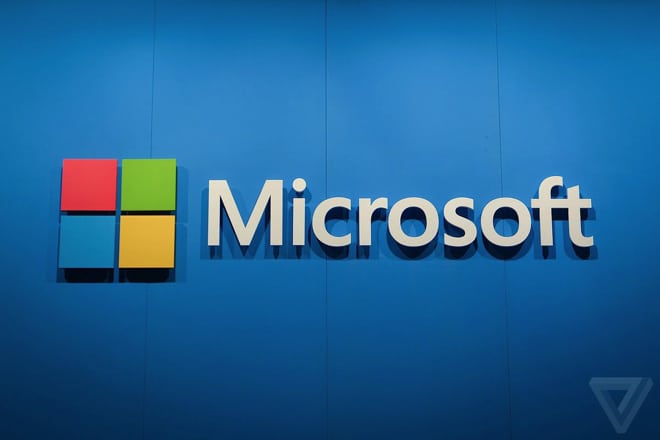Tech giant Microsoft is looking to use the ethereum network to combat digital piracy, according to a new paper released by its research department.
Researchers from Microsoft, Alibaba Group and Carnegie Mellon University have published the 11 page white paper “Argus: A Fully Transparent Incentive System for Anti-Piracy Campaigns,” laying out design, implementations and evaluation, describing its superiority in comparison to existing solutions.
Microsoft said Argus will run on a public blockchain in to allow digital piracy informers to remain anonymous, maintaining some transparency for wider public at the same time.
For instance, the reports filed to Argus, will protect the identity of the informers and also allow the firm to backtrack the source of pirated content.
According to the white paper, “The groundwork of Argus is to formulate the objectives for fully transparent incentive mechanisms, which securely and comprehensively consolidate the different interests of all roles,” the researchers write. These objectives form the core of the Argus design, highlighted by our innovations about a Sybil-proof incentive function, a commit-and-reveal scheme, and an oblivious transfer scheme. In the implementation, we overcome a set of unavoidable obstacles to ensure security despite full transparency.”
Microsoft’s move to develop an Ethereum-fueled anti-piracy system may have followed the company’s decentralised identity solution that leverages the Bitcoin (BTC) blockchain.
Furthermore, by optimising several cryptographic operations, the cost for piracy reporting will be “reduced to an equivalent cost of sending about 14 ETH-transfer transactions,” the company added, contrary to the high ethereal transaction fees.
“With the security and practicality of Argus, we hope real-world antipiracy campaigns will be truly effective by shifting to a fully transparent incentive mechanism,” the paper said.












